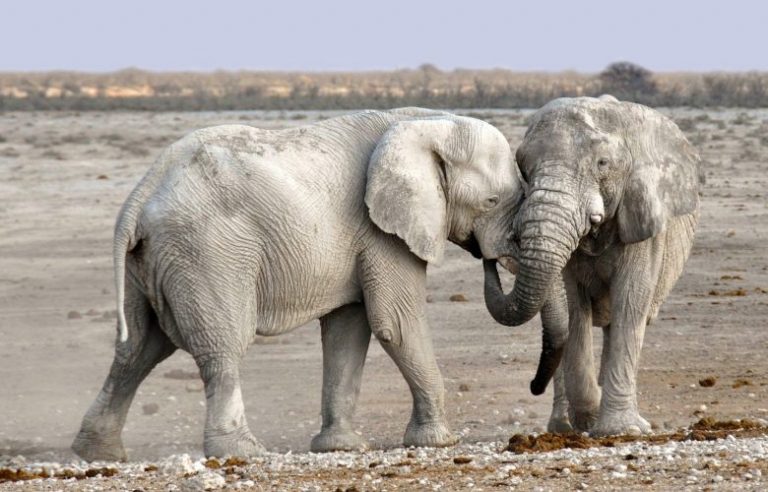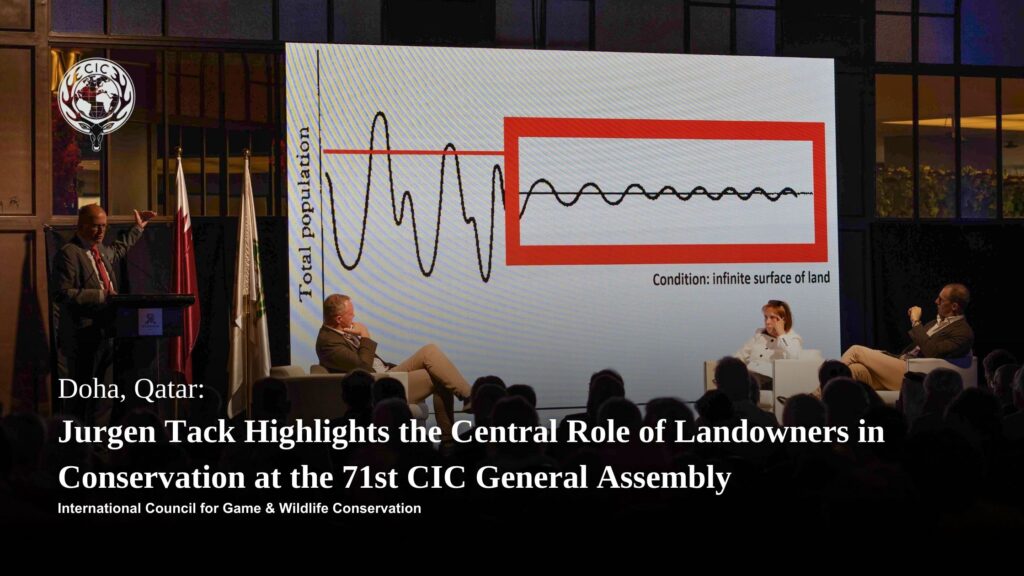Home » News & Press » Human Wildlife Conflict Resolution Found to be Critical for Species Conservation
Facebook
X
LinkedIn




